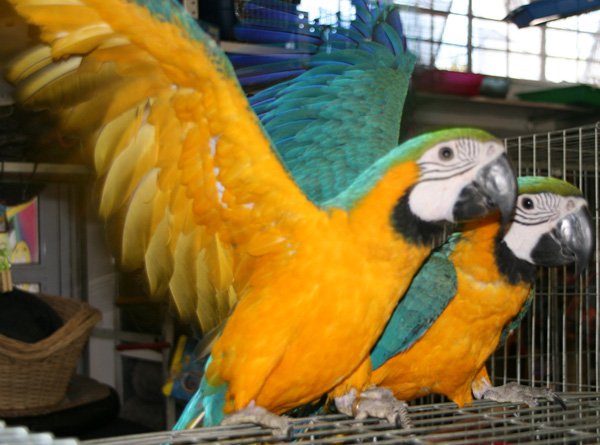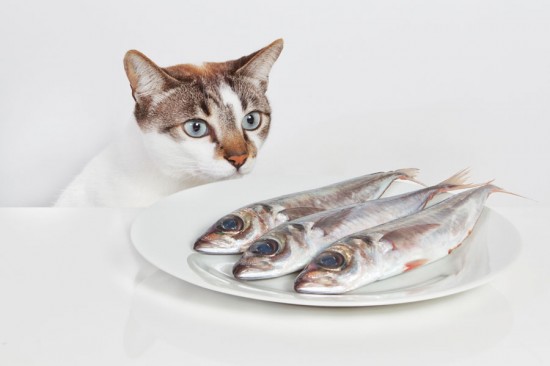
Unequivocally, our four-legged furry friends play a special role in our lives.
They don’t nag us about our dirty socks or turn up their noses at our less fashionable duds. They comfort us when we’re down. And play with us when we’re feeling good. They keep us active. They help us relax.
But they aren’t just a feel-good part of our lives. They DO good. They’re great medicine - excellent for our health.
Research shows that pets can help prevent heart attacks and decrease the number of times you go see a doctor. [1]
With all the good they bring to our lives, of course we want to give something back to them. And what better way to do this than to keep them healthy with some good pet nutrition.
The sorry truth is most pet food doesn’t do much to provide this. Just like us humans, pets have had to settle for food bulked up with carbs and missing many of the vitamins and minerals they would get from a wild diet.
As a result of this skewed nutrition – not to mention too much food overall – our pets now suffer from the same problems we have – diabetes, heart disease, skin problems and rusty joints.[2]
However, it doesn’t have to be that way.
By adding a good pet supplement to your pet’s diet, you can help them return to a diet that’s closer to the complex diet their ancestors enjoyed in the wild. You can supplement their diet to give them the nutrients many brand-name foods are missing. Like . . .
Antioxidants Energize And Defend
For hundreds of years, carnivores like dogs and cats got a good dose of healthy antioxidants that we usually associate with vegetables and fruits. While they weren’t necessarily avid broccoli-eaters, much of the meat they ate came from grazing animals – wild or domesticated. And the antioxidants these prey animals got from their food kept showing up farther up the food chain.
However, today, most of the meat in pet food comes from grain-fed animals. And pet food manufacturers do little to make up for the absence of vitamins critical for your pet’s health.
For this reason adding a power-packed, antioxidant and chlorophyll-rich food like the algae, chlorella, can make a huge difference in your pet’s energy and wellbeing.
Lecithin Keeps Cell Membranes and Skin Healthy
Along with grass-fed meats, our pets’ ancestors varied diet included organ meats, eggs and fish. And again, this wide spectrum of food sources gave them nutrition that today’s pet foods can’t match.
The phospholipid, lecithin, is one of these important nutrients. A critical component of every cell membrane, lecithin plays a fundamental role in good health. In particular it supports brain and nerve health and makes a big difference in your pet’s glossy coat.
Fiber Supports Digestion
As holistic pet veterinarian Dr. Karen Becker explains, in the wild, our pets’ ancestors used to not only eat the tender cuts of meat, but the ligaments and fur. Even some of the partially-digested stomach content would end up as part of dinner. These special parts of their diet served a very important role in their digestion. It’s how our animal friends got enough fiber.[3]
Fiber helps your pet’s body move food through the colon, helps them clean out toxins and supports healthy intestinal bacteria.
Of course, your pets don’t get much of this out of a can of pet food. But they can get it from supplemental nutrition like chlorella. Chlorella’s fiber is particularly helpful in both cleaning out toxins. And boosting healthy intestinal bacteria growth.
Help Your Pets Revitalize Their Wild Side With Extra Pet Nutrition
So give your pet some extra love with some extra special pet nutrition. If your pet food doesn’t list these nutrients in one form or other on the label, consider adding it as a supplement.
By strategically adding some nutrients from your pet’s ancestral past, you’ll make sure your 4-legged companion will be your side for years to come.
Sources:
[1]Westgarth C et al. Family Pet Ownership during Childhood: Findings from a UK Birth Cohort and Implications for Public Health Research Int J Environ Res Public Health. 2010 October; 7(10): 3704–3729.
[2] Brody J. The truth about cat and dog food. New York Times May 31, 2010.
[3] Becker K. Is your pet getting too much fiber or not enough? Dr. Mercola’s Healthy Pets website. November 19, 2012.
 Recalled Foods Are Not Safe For Pet Consumption
Recalled Foods Are Not Safe For Pet Consumption
Recalled Foods Are Not Safe For Pet Consumption
Recalled Foods Are Not Safe For Pet Consumption
 Cats And Food Allergies
Cats And Food All
Cats And Food Allergies
Cats And Food All
 Need for a well behaved dog
Need for a well behaved dog
They spend their l
Need for a well behaved dog
Need for a well behaved dog
They spend their l
 Christmas Presents For Cats
Christmas Present
Christmas Presents For Cats
Christmas Present
 Dealing With A Puppy That Destroys All Of Their Toys
Dealing With A Pu
Dealing With A Puppy That Destroys All Of Their Toys
Dealing With A Pu
Copyright © 2005-2016 Pet Information All Rights Reserved
Contact us: www162date@outlook.com